The journey of how Massachusetts became a state is a compelling narrative of political evolution, democratic ideals, and revolutionary fervor.
From its colonial beginnings as a haven for religious dissenters to its pivotal role in the American Revolution, Massachusetts’ path to statehood is marked by historic milestones.
Massachusetts emerged as a sovereign entity within the young nation by drafting its constitution, participating in the struggle for independence, and ratifying the Constitution.
Exploring the path to statehood offers insights into the state’s rich heritage and enduring commitment to liberty and self-governance.
How Did Massachusetts Become A State?
Massachusetts’s journey to statehood is a multifaceted tale shaped by significant events and decisions that unfolded over time.
Colonial Settlement
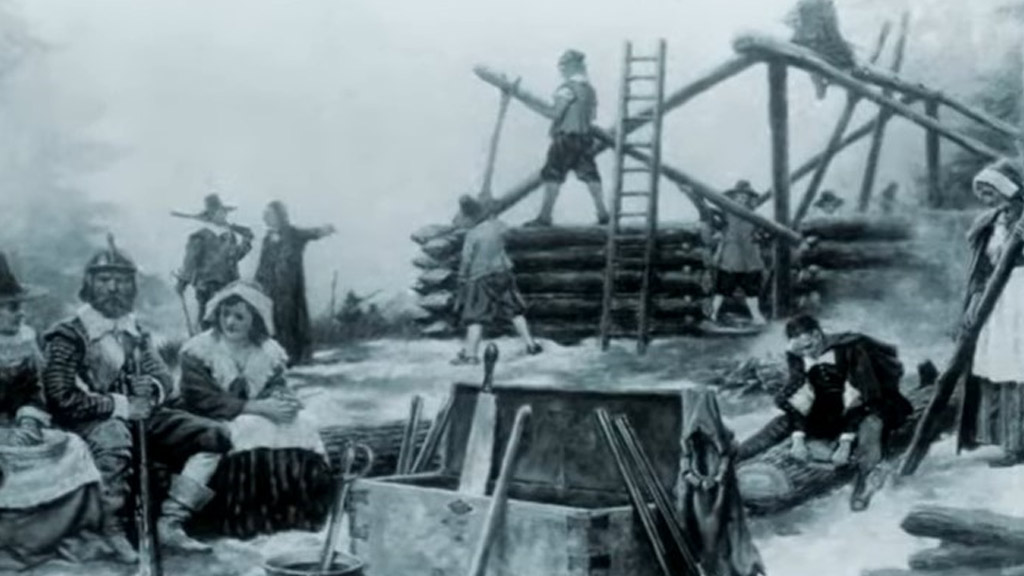
Massachusetts traces its origins to the early 17th century when English settlers established Plymouth Colony in 1620 and Massachusetts Bay Colony in 1630.
These colonies operated under charters granted by the English monarchy, governing themselves with varying degrees of autonomy.
The Massachusetts Bay Charter (1629)
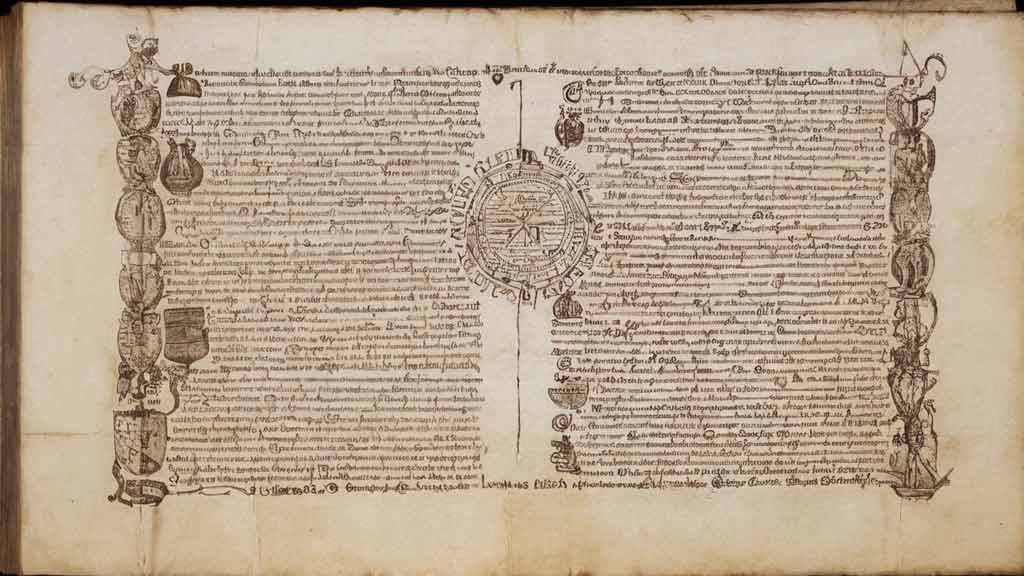
The Massachusetts Bay Charter, granted by King Charles I in 1629, provided colonists with the legal authority to establish self-governing institutions and helped lay the groundwork for Massachusetts’ eventual transition to statehood.
The Massachusetts Government Act (1774)
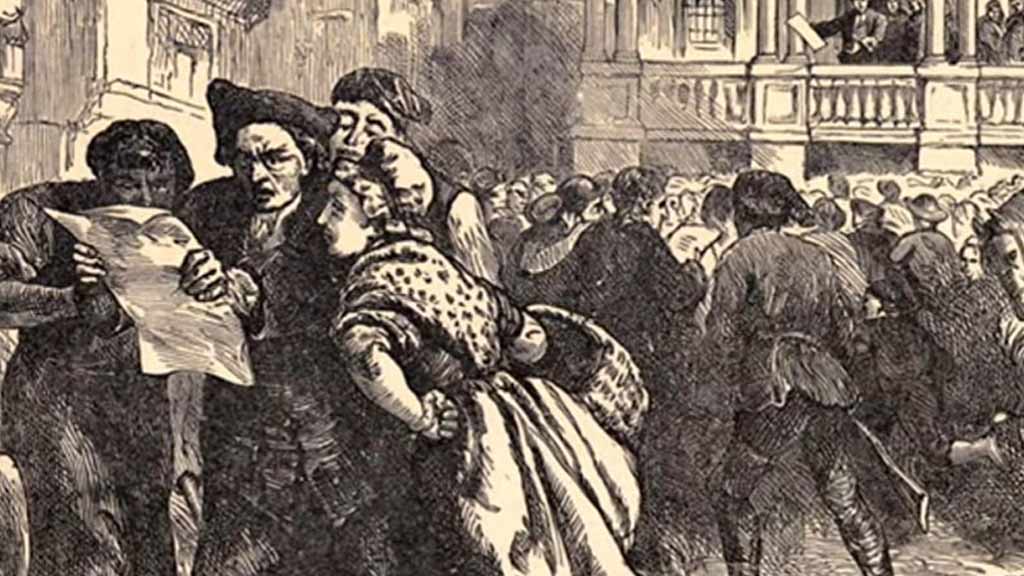
Enacted in response to colonial unrest, the Massachusetts Government Act of 1774 revoked many of the self-governing provisions of the colonial charter, increasing tensions between Massachusetts and the British government and fueling calls for independence.
The Declaration of Independence (1776)
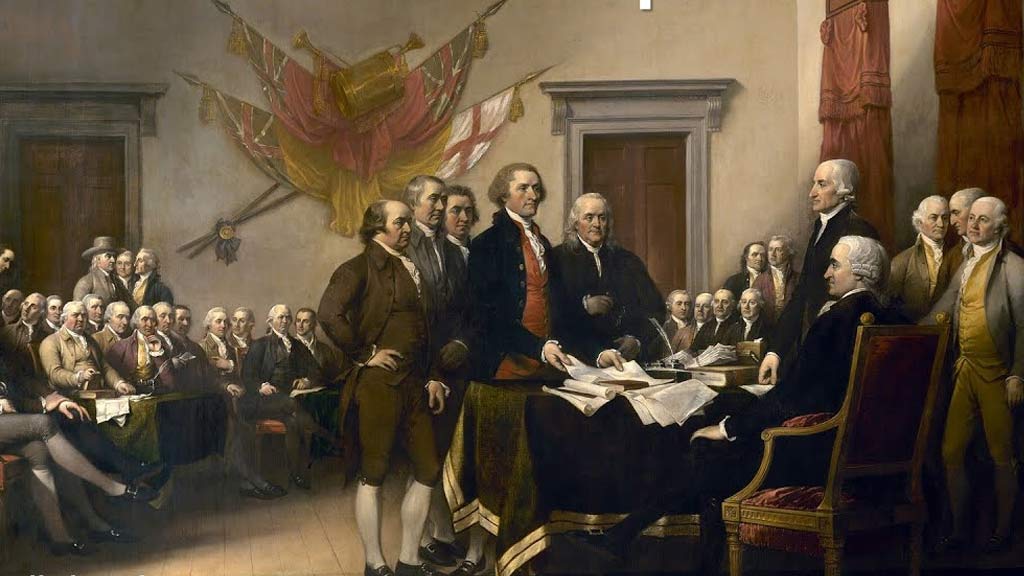
Massachusetts played a pivotal role in the American Revolution, hosting events such as the Boston Tea Party and serving as a center of revolutionary activity. The state was one of the original thirteen colonies to declare independence from British rule in 1776.
The Massachusetts Constitution (1780)
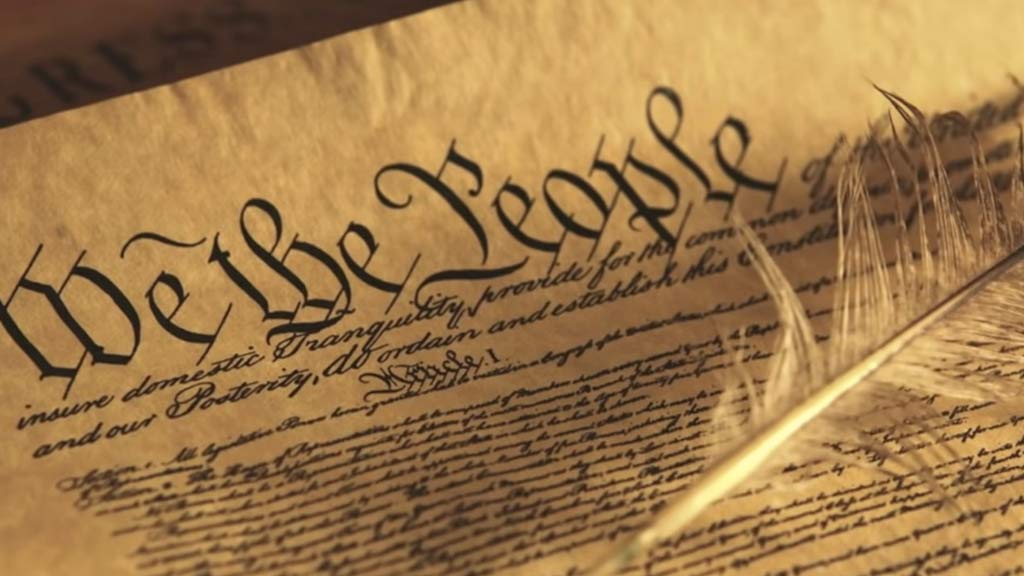
Following independence, Massachusetts drafted and adopted its constitution in 1780, becoming the first state to do so. The Massachusetts Constitution established a framework for democratic government and served as a model for other states.
The Northwest Ordinance (1787)
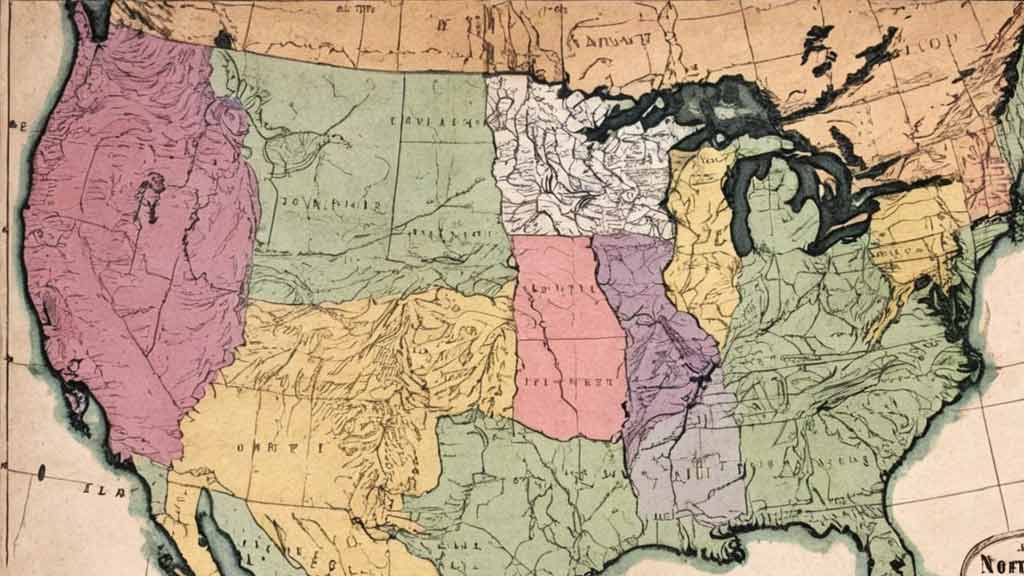
The Northwest Ordinance of 1787 provided a process for admitting new states to the Union, including a requirement for adopting a republican form of government. As an established state, Massachusetts played a role in shaping this legislation.
Admission to the Union (1788)
Massachusetts officially became a state on February 6, 1788, when it ratified the United States Constitution, joining the Union as the sixth state. Its admission marked a significant milestone in the history of Massachusetts and the United States.
Through these critical events, Massachusetts evolved from a colonial settlement to a sovereign state, leaving an indelible mark on American history and politics.
Why Is It Called Massachusetts?
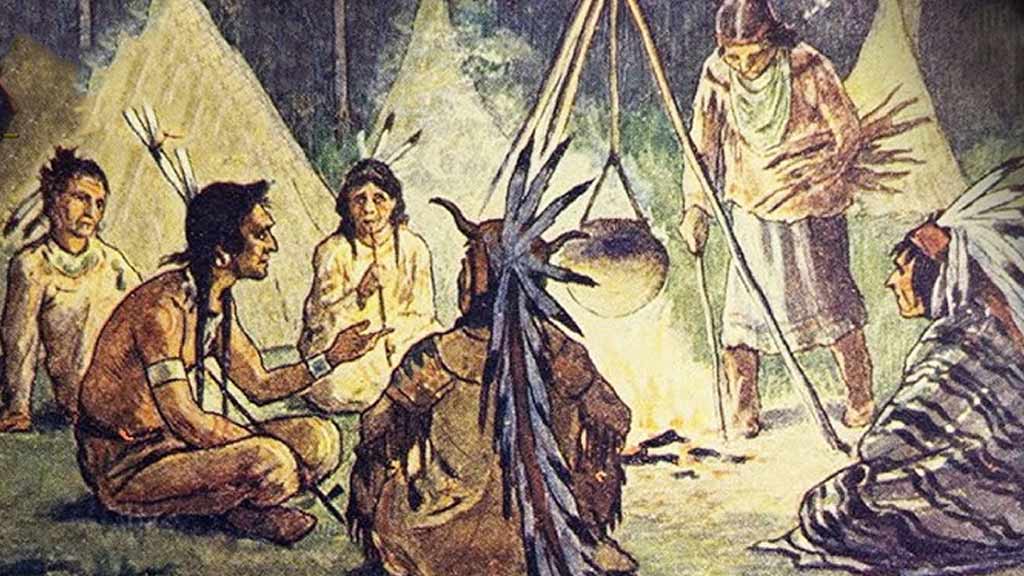
The name “Massachusetts” derives from the indigenous Algonquian language spoken by the Native American tribes inhabiting the region before European colonization.
Specifically, it is believed to originate from the Massachusett tribe, a subgroup of the more significant Algonquian-speaking peoples. “Massachusetts” roughly translates to “at or about the great hill,” referring to the region’s prominent geographic features.
When English settlers arrived in the early 17th century, they adopted and anglicized the name of the colony they established, which eventually became the Commonwealth of Massachusetts.
Today, the name “Massachusetts” serves as a reminder of the rich cultural heritage and indigenous roots of the land, reflecting the enduring influence of Native American languages and traditions on the region’s history and identity.
Why Is Massachusetts A Commonwealth And Not A State?
The designation of Massachusetts as a “commonwealth” rather than a “state” is essentially a matter of semantics, with no significant legal or constitutional distinction between the two terms.
However, the use of “commonwealth” reflects Massachusetts’s historical and political heritage and carries symbolic significance.
Historical Tradition
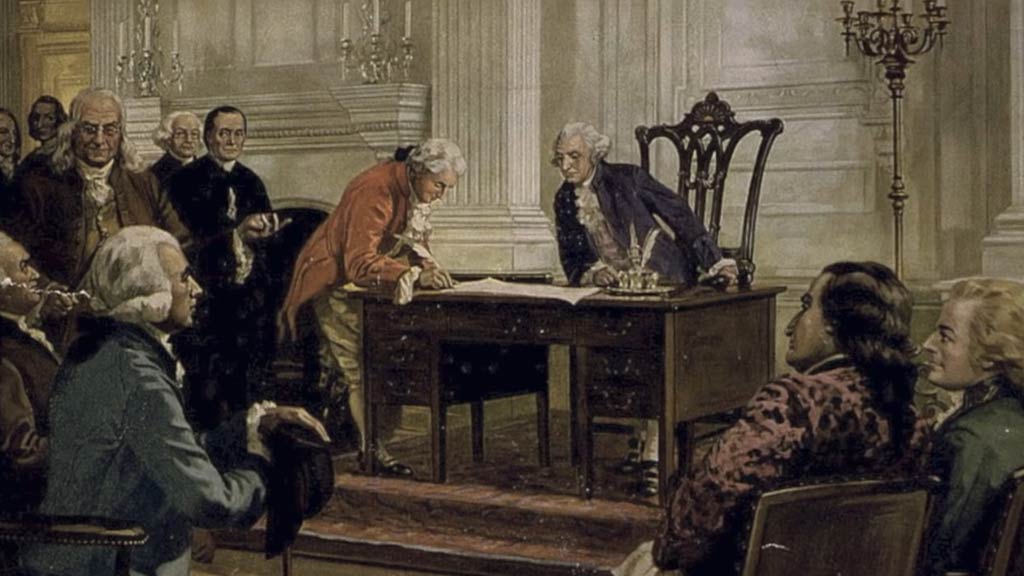
Massachusetts adopted the term “commonwealth” in its constitution, drafted in 1780, inspired by the political philosophies of the Enlightenment era. This choice reflected a desire to emphasize the common good and the principles of republicanism.
Democratic Principles
The term “commonwealth” underscores Massachusetts’ commitment to democratic governance and the people’s sovereignty. It reflects the state’s origins as a self-governing entity and its dedication to upholding the rights and liberties of its citizens.
Legal Precedent
While the term “commonwealth” is unique to Massachusetts, it has no legal significance regarding the state’s status within the United States. Massachusetts enjoys the same rights and privileges as any other state under the U.S. Constitution.
Cultural Identity
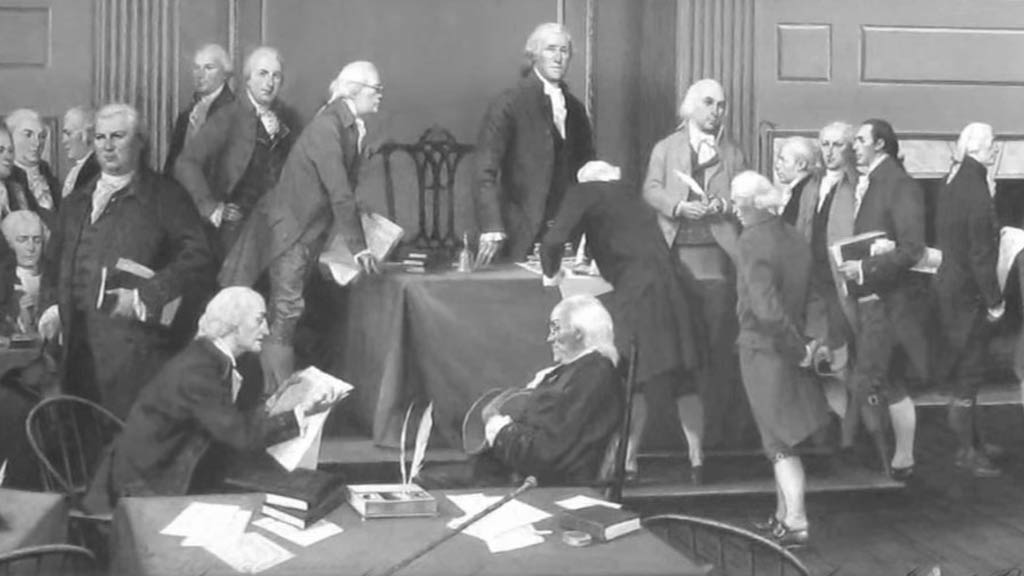
“commonwealth” resonates with Massachusetts’ cultural identity and sense of community. It evokes notions of shared values, mutual obligations, and a collective commitment to the welfare of all residents.
Continuity and Tradition
Over time, the designation of Massachusetts as a “commonwealth” has become ingrained in the state’s legal and political language. It symbolizes continuity and tradition, reflecting the state’s long-standing history and enduring commitment to democratic principles.
While Massachusetts is officially referred to as a “commonwealth,” this distinction primarily highlights the state’s historical roots, democratic ideals, and cultural identity rather than signaling any substantive difference in its legal status as a member of the United States.
Who Founded Massachusetts And For What Reason?
Massachusetts was founded by English settlers in the early 17th century, primarily for religious and economic reasons.
The colonization of Massachusetts began with the arrival of the Pilgrims aboard the Mayflower in 1620, who established Plymouth Colony in search of religious freedom and a fresh start away from religious persecution in England.
Later, in 1630, the Massachusetts Bay Colony was founded by Puritans seeking to create a society based on their interpretation of Christianity. John Winthrop led these settlers to seek religious reform and a “city upon a hill” – a model community based on their religious principles.
Additionally, the region’s fertile land and abundant natural resources attracted settlers looking to establish prosperous agricultural and trading communities.
Together, the Pilgrims and Puritans laid the foundations for the establishment of Massachusetts, shaping its cultural, political, and economic landscape for centuries to come.
FAQs
What role did Massachusetts play in the American Revolution?
Massachusetts was a leading voice for independence during the American Revolution, hosting events like the Boston Tea Party and providing soldiers for battles like Lexington and Concord. The state’s commitment to liberty and self-determination fueled its quest for statehood.
When was Massachusetts admitted to the Union?
Massachusetts officially became a state on February 6, 1788, when it ratified the United States Constitution, joining the Union as the sixth state. Its admission marked a significant milestone in the nation’s history.
Did Massachusetts face any challenges in becoming a state?
Massachusetts encountered challenges during its transition to statehood, including debates over the structure of its government and tensions between Federalists and Anti-Federalists regarding the ratification of the U.S. Constitution.
How did Massachusetts’ colonial history influence its path to statehood?
Massachusetts’ colonial history, characterized by self-governance and a strong tradition of democratic principles, laid the groundwork for its transition to statehood.
The state’s early experiments with representative government and commitment to individual rights shaped its political identity.
What significance does Massachusetts’ admission to the Union hold?
Massachusetts’ admission to the Union represented a culmination of its quest for independence and self-determination. As one of the original thirteen colonies, Massachusetts played a crucial role in shaping the nation’s founding principles and democratic institutions, leaving an indelible mark on American history.
Conclusion
Massachusetts’ transition from colony to statehood is a testament to its enduring legacy of democracy and independence. Massachusetts solidified its place as a cornerstone of the American republic through political activism, constitutional innovation, and steadfast resolve.
Today, the state continues to embody the principles of freedom, equality, and opportunity that have defined its history, serving as a beacon of hope and inspiration for future generations.
Massachusetts’ journey to statehood is a powerful reminder of the transformative power of democratic ideals and the enduring legacy of those who fought for them.
Jaclyn Lowe